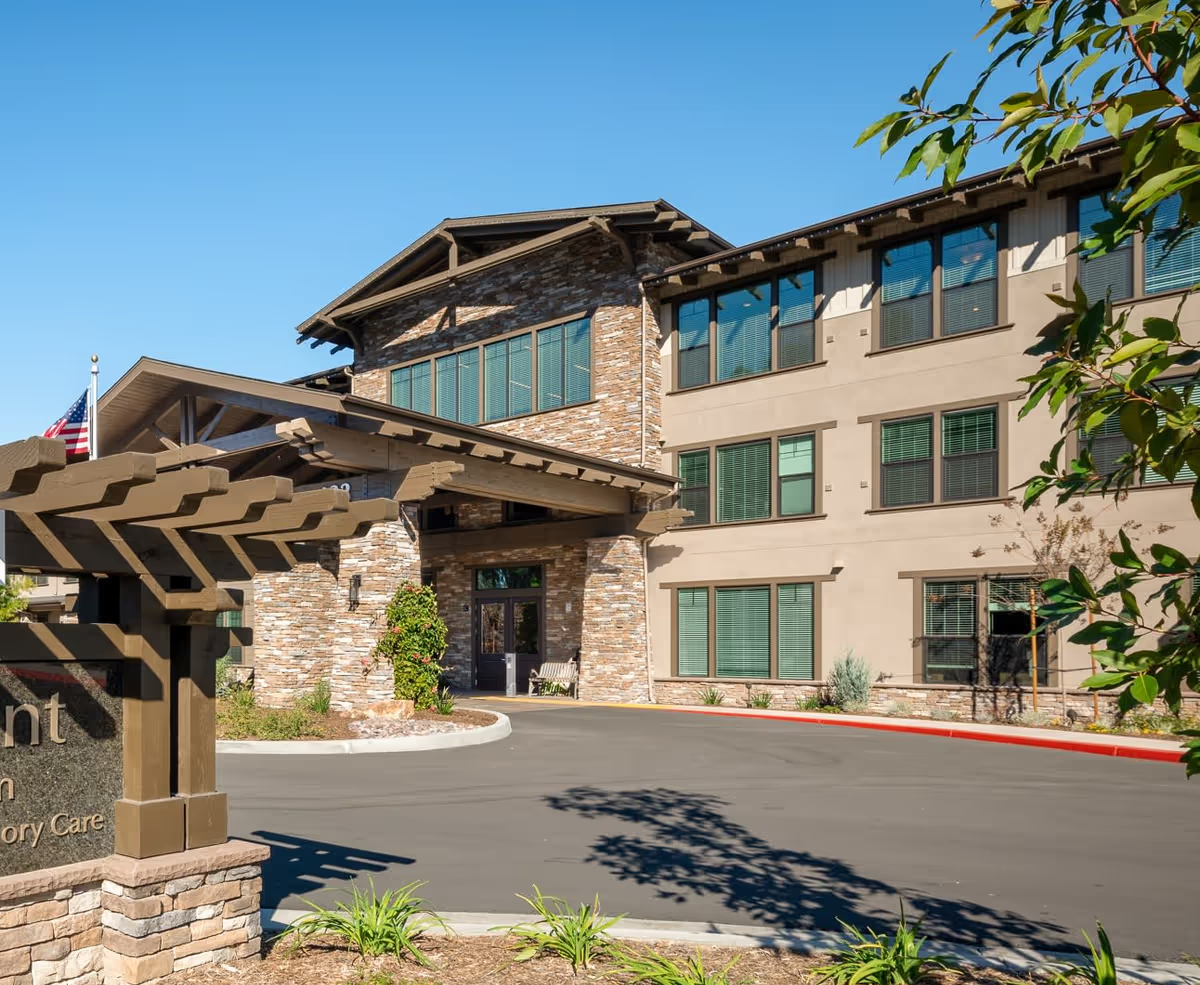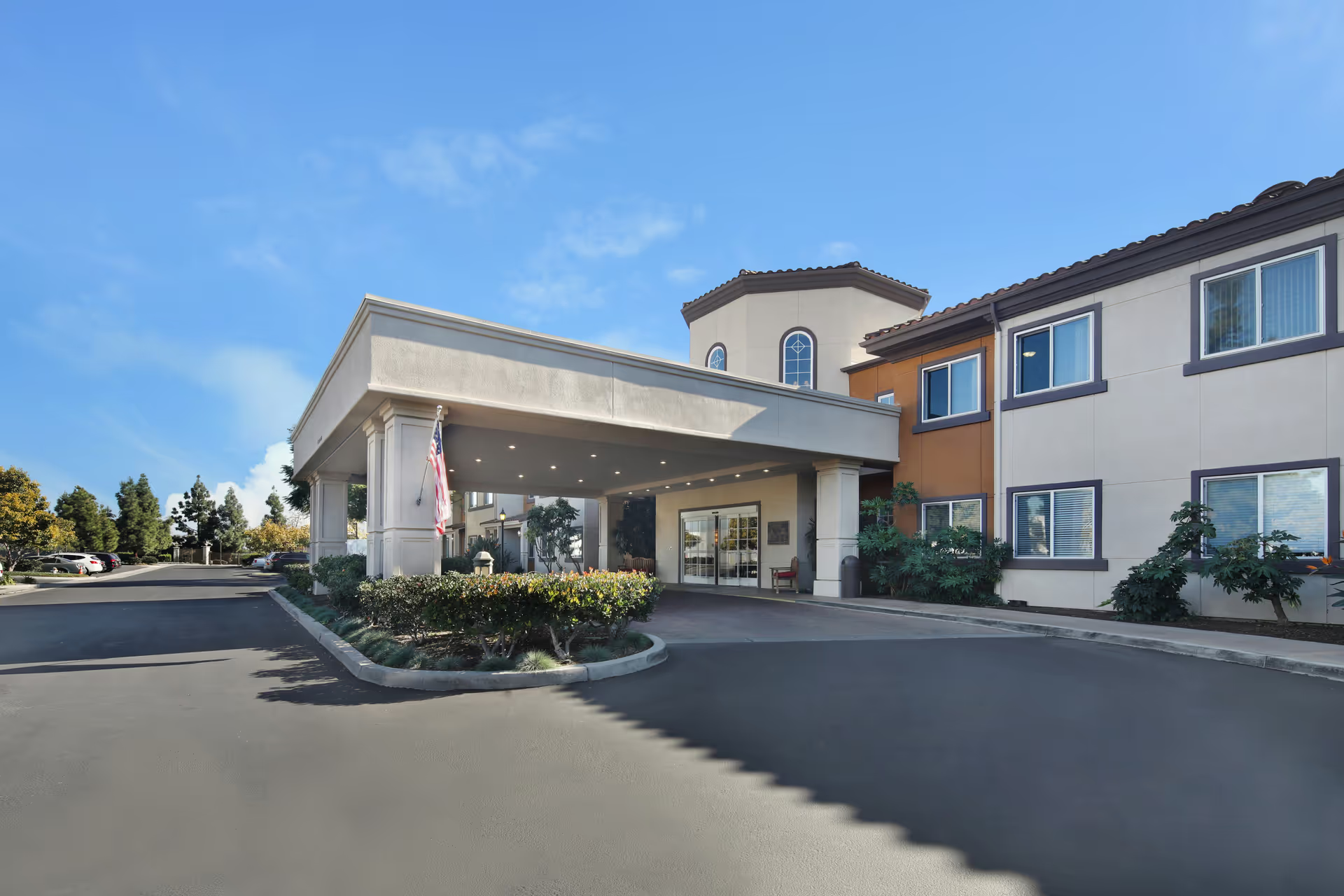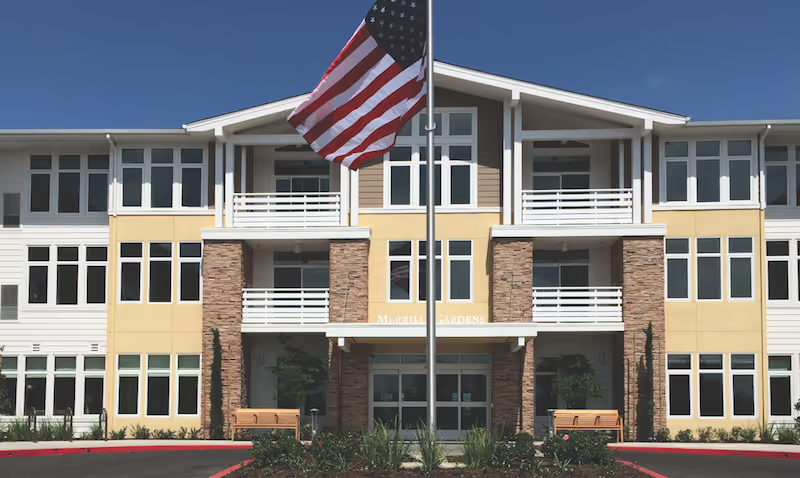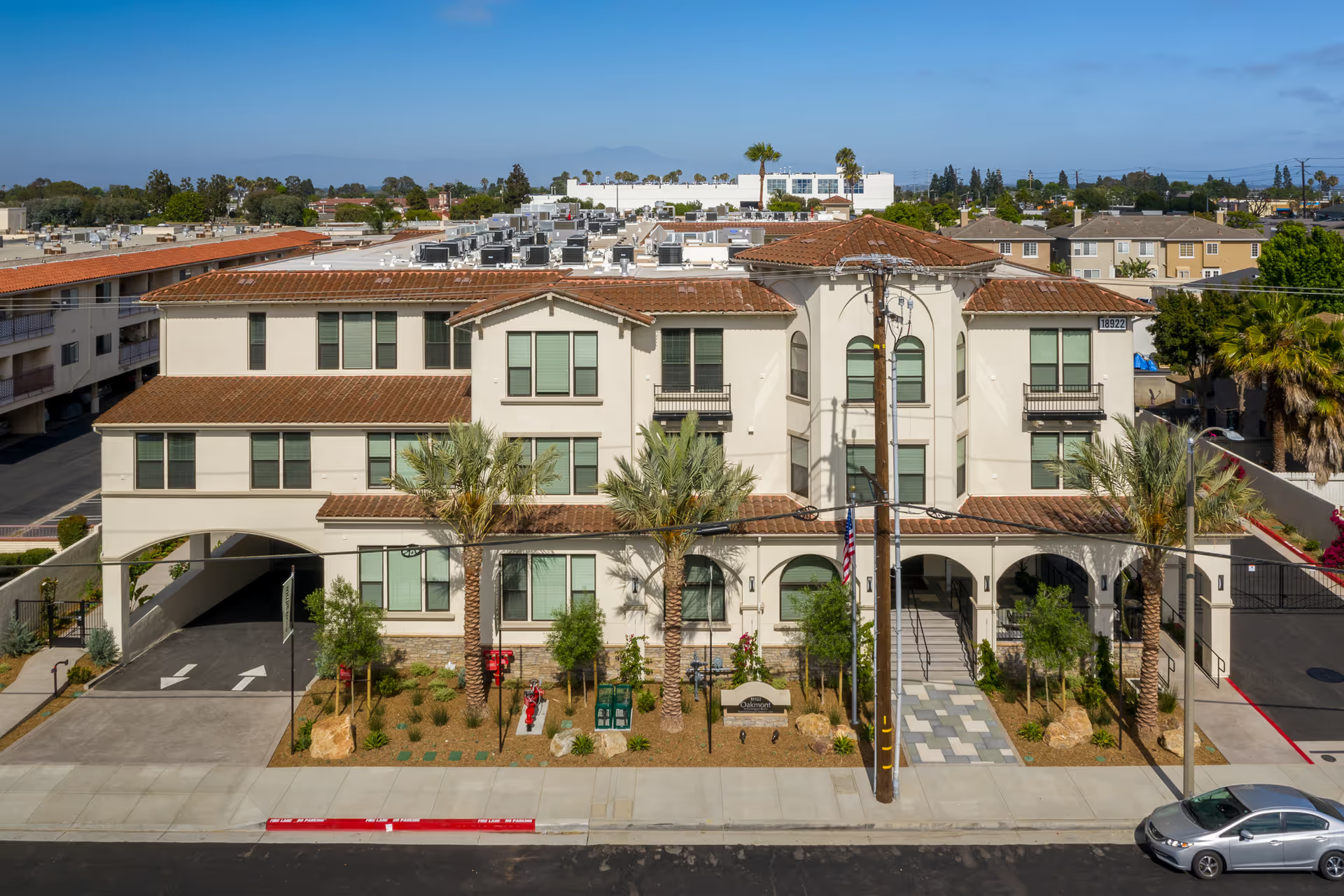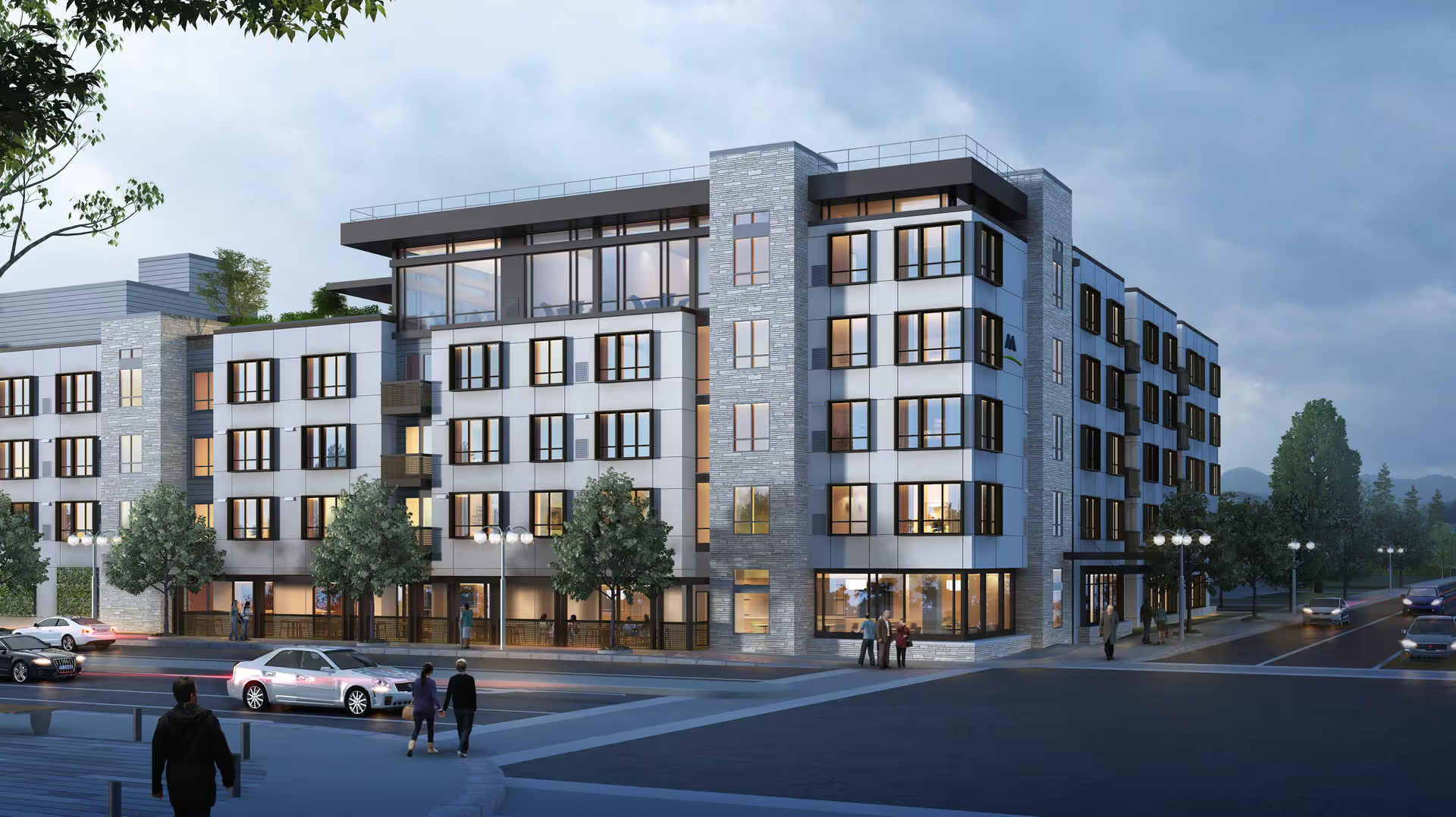Overall sentiment: The reviews for Loving Care Facility for the Elderly are overwhelmingly positive. Multiple reviewers emphasize confidence in the facility’s ability to meet both medical and everyday needs, and families repeatedly express trust that their loved ones are receiving appropriate, attentive care. Praise is consistent across several dimensions—clinical competence, personal concern, cleanliness, and communication—resulting in a generally high level of satisfaction among reviewers.
Care quality and clinical competence: A dominant theme is strong medical care. Reviewers explicitly mention that medical needs are well addressed and that staff demonstrate medical expertise. Several remarks describe care as "excellent" and indicate family members feel confident and secure in the facility’s handling of health-related needs. The language used in reviews—words like trustworthy, genuine concern, and loved by family—points to not just technically competent care but also an emotionally supportive approach that reassures relatives.
Staff, communication, and community size: Staff performance is a clear strength. Reviews repeatedly call out friendly, caring staff and highlight effective communication with the care team; some reviewers even singled out specific caregivers by name for clear, consistent communication. The facility’s smaller size is presented as an advantage, fostering a more personal, community-like atmosphere and likely supporting stronger relationships between staff, residents, and families. That said, the only recurring negative note is an occasional language barrier with some staff members, which can impede communication in certain interactions. This appears isolated rather than systemic but is the primary concern highlighted across the reviews.
Facilities and dining: Reviewers describe the facility as very clean and note that meals are "nice," indicating satisfactory dining and housekeeping standards. Cleanliness is emphasized as a positive attribute, which supports overall impressions of professionalism and attention to resident wellbeing. Beyond meals and cleanliness, reviewers do not provide detailed commentary on programming, activities, or physical amenities, so those areas cannot be fully evaluated from the provided summaries.
Management, family confidence, and trust: Family members express clear trust in management and the care team by reporting that they feel confident their relatives are in "proper care" and well loved. The repeated use of terms such as trustworthy and genuine concern suggests that leadership and staff cultivate an environment where families feel informed and reassured, particularly through direct communication with caregivers.
Notable patterns and areas for improvement: The most consistent praise centers on clinical care quality, personalized attention tied to the small community size, cleanliness, and friendly staff. The single consistent area for improvement mentioned is communication when language differences arise with some staff members; addressing language support or interpretation could further strengthen family confidence and resident experience. Also, because reviewers did not comment on activities, social programming, or broader management details beyond interpersonal communication, prospective families seeking information about those areas would need to request additional specifics.
Conclusion: In summary, the reviews portray Loving Care Facility for the Elderly as a small, clean, and medically competent facility with compassionate, communicative staff that inspires strong family trust. The overwhelmingly positive feedback is tempered mainly by occasional language barriers with some staff—an addressable issue that, if resolved, could make the facility’s strengths even more apparent to prospective residents and families.
